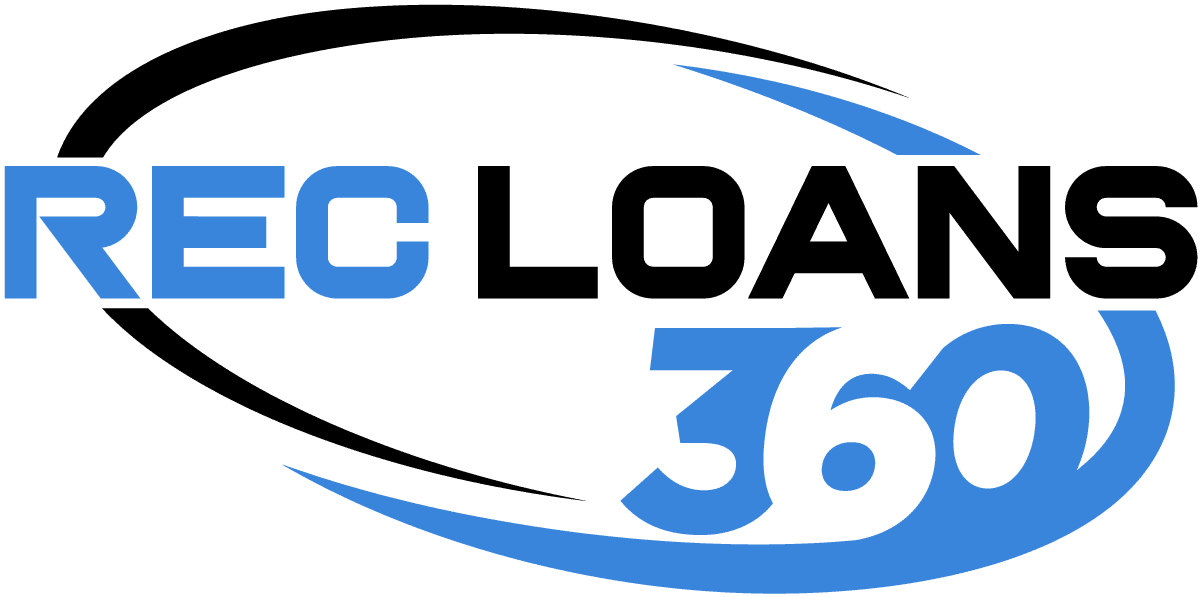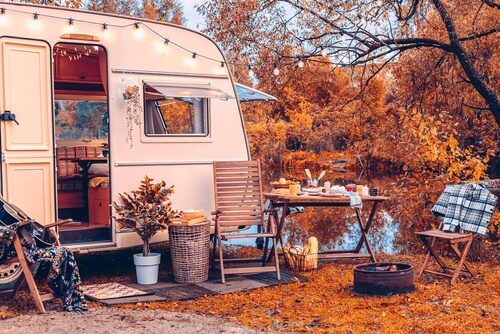This summer, the open road beckons! And there’s no better way to answer its call than in the comfort of your very own RV camper.
Whether you’re a seasoned adventurer or looking to embark on your maiden journey, the freedom to travel and explore with all the comforts of home is unmatched.
With so many options available, how do you select the RV camper that perfectly fits your needs and desires? Let us be your guide to steering in the right direction.
1. Understanding Your Needs
First and foremost, defining what you’re looking for is essential. Do you plan on weekend getaways or extended vacations? Are you traveling solo, or do you have a family in tow? Here’s a quick rundown to assess your requirements:
- Size Matters: Consider the number of passengers and the amount of space you’ll need. RVs range from compact and easy-to-drive campers to luxurious motorhomes.
- Budget Boundaries: RV Campers come in different price ranges. Set a budget that suits your financial comfort zone.
- Lifestyle Considerations: Think about your travel style and destinations. Some RVs are perfect for rough terrains, while others offer luxury amenities.
2. Exploring Different Types of RV Campers
Once you have a clear understanding of your needs, delve into the various options:
- Class A Motorhomes: These are the luxurious giants of the RV world, with spacious living areas and all the amenities you could wish for. Perfect for large families or extended stays.
- Class B Motorhomes: More compact, Class B RVs are excellent for couples or solo travelers, offering excellent fuel efficiency without compromising on comfort.
- Class C Motorhomes: A balanced blend of size and amenities, Class C RVs are ideal for small to medium-sized families.
- Travel Trailers: Available in various sizes, travel trailers are towable and can offer flexibility in terms of the towing vehicle.
3. Inspecting the Features and Amenities
List out the must-haves and nice-to-haves in your RV:
- Kitchen Facilities: From basic cooking amenities to full-fledged gourmet kitchens, what’s your preference?
- Bathroom Facilities: Options vary from basic to luxurious.
- Sleeping Arrangements: Consider beds, fold-out sofas, bunk beds, etc.
- Tech and Entertainment: TVs, Wi-Fi, solar power options – think about what will enhance your travel experience.
4. New or Used RV Campers
Buying an RV Camper is a significant investment and an exciting decision. But one of the first dilemmas you’ll face is whether to purchase a new or used model. Each option comes with its distinct advantages and considerations. Here’s a detailed look at both choices to help you make an informed decision.
New RVs
- Innovative Technologies: New RVs often come with cutting-edge technologies such as smart control systems, energy-efficient appliances, advanced navigation tools and more.
- Personalization Options: Dealers offer the opportunity to customize a new RV with preferred finishes, layouts and specific add-ons, ensuring it fits your taste and needs.
- Immaculate Condition: With no prior usage, everything is in pristine condition.
- Comprehensive Coverage: New RVs typically include a manufacturer’s warranty covering repairs and replacements for an initial period, providing peace of mind.
- Dealer Support: Purchasing from a reputable dealer means professional support, scheduled maintenance, and a smoother warranty process.
- Premium Price Tag: All these advantages come at a higher price, meaning a more considerable upfront investment or monthly payment if financed.
Used RVs
- Lower Depreciation: RVs, like cars, depreciate rapidly in the first few years. Buying used can save you a significant amount on this initial depreciation hit.
- Room to Upgrade: The money you save could go toward personalization or upgrades.
- Known Reliability: Previous owners may have addressed any initial manufacturing bugs or recalls, and a well-maintained used RV can still have plenty of life left.
- Wear and/or Tear: A used RV may have hidden issues resulting from previous use. Wear and tear on appliances, furniture, engines, and the body may not be apparent at first glance.
- Warranty Considerations: Depending on the age and condition, a used RV might not have an existing warranty, or it may be limited.
- Professional Inspection: It’s wise to hire a professional RV inspector to evaluate the condition of a used RV meticulously. They will check structural integrity, mechanics, plumbing, electrical systems, and more.
The decision between a shiny new RV with the latest features and a manufacturer’s warranty versus a used RV that may be a bargain but requires careful inspection is multifaceted. Weighing each of these aspects carefully, you can select the RV that best fits your travel dreams and financial comfort zone. The open road awaits! Either choice could be your ticket to endless adventures.
5. Test Drives, Insurance and All the Rest: Other Concerns
The test drive is all about first impressions.
- Understanding the Vehicle: Taking a potential RV for a spin allows you to assess how driving it feels. This is crucial, especially if you’re new to handling a large vehicle, as RVs vary in handling and responsiveness.
- Checking Systems and Comfort: A test drive lets you ensure everything functions as it should, from brakes to air conditioning. You can also evaluate the overall comfort and layout, ensuring it aligns with your expectations.
Insurance: Essential Protection
- Coverage Options: RV insurance is tailored to cover various risks associated with these unique vehicles. From collision and comprehensive coverage to liability and personal belongings protection, choosing the right plan is crucial.
- Comparing Quotes: Shop around to compare quotes and understand what’s included in each policy. An insurance agent specializing in RVs can guide you through the process.
Maintenance and Regular Upkeep
- Scheduled Service: Regular maintenance keeps your RV in top condition, ensuring safe travels — budget for routine tasks like oil changes, tire rotations and service.
- Unexpected Repairs: Even with diligent upkeep, unexpected repairs can arise. Having a dedicated fund or extended warranty might be a wise move.
Safekeeping Your RV
- Storage Solutions: Depending on where you live and the size of your RV, you might factor in storage costs. Options range from open-air to climate-controlled facilities.
- Accessibility and Security: Consider the accessibility of your stored RV for spontaneous trips and ensure that the storage solution provides adequate security against theft and environmental hazards.
Purchasing an RV involves more than just selecting the right model and price. A proper test drive, potential professional inspection, insurance considerations, regular maintenance, and possible storage costs are integral parts of the decision-making process. By carefully examining these aspects, you ensure a seamless transition into RV ownership and a stress-free experience on the open road.
Let Rec Loans 360 Join You on Your RV Journey
From the moment you turn the key and hear the engine purr to the countless miles of scenic beauty that await you, every step of the way requires thoughtfulness. Embrace the journey and prepare yourself for the adventure of a lifetime by taking these considerations into account. The road is calling. Will you answer?
Choosing the best RV Camper is a journey in itself, filled with excitement and possibilities. For the best loan rates and service, call on Rec Loans 360. We’ll help you clarify your needs and explore different RV types and features; you’re well on your way to selecting the perfect travel companion. Here’s to the open road and the adventures that await you. Happy camping!


